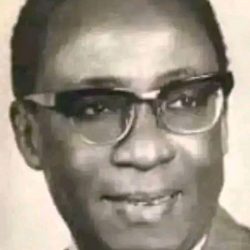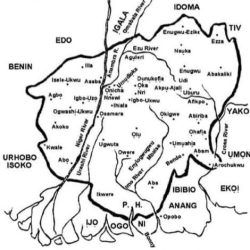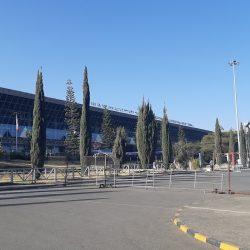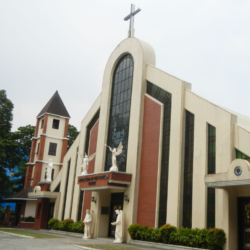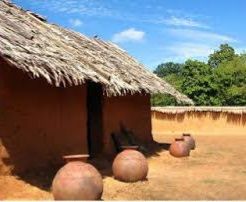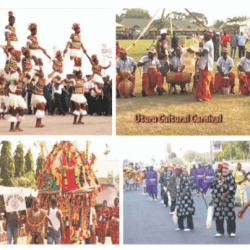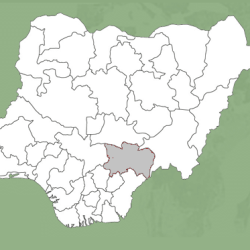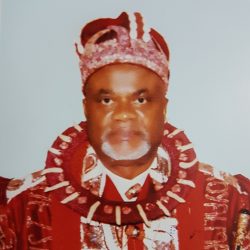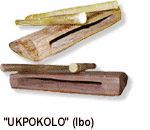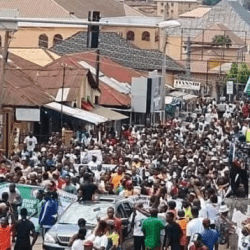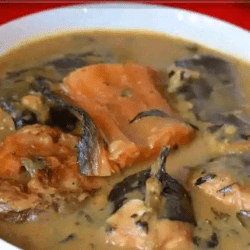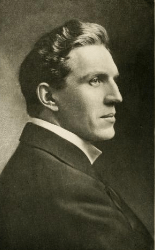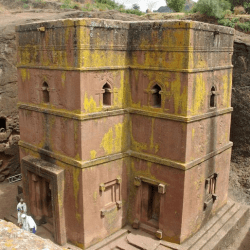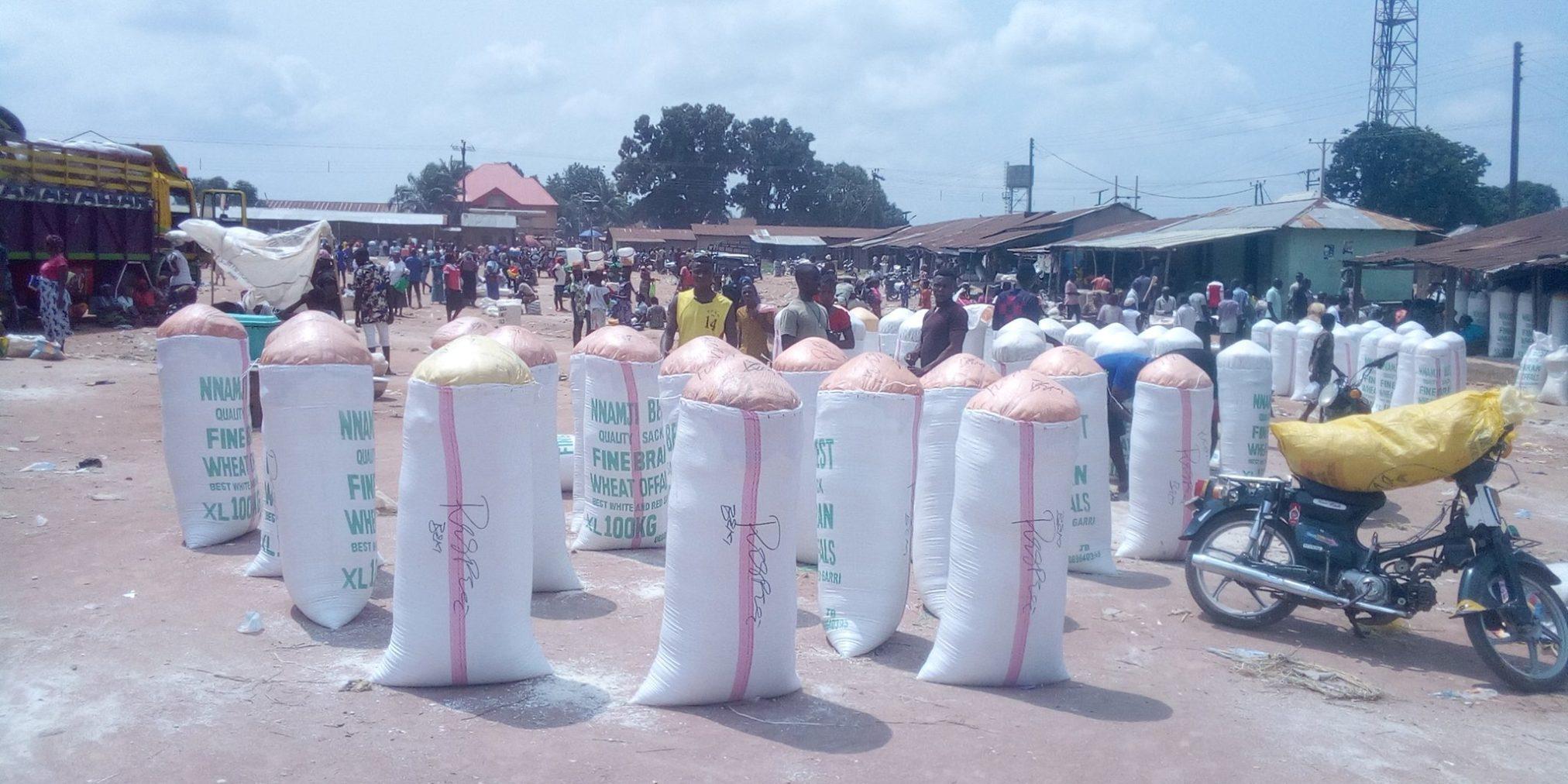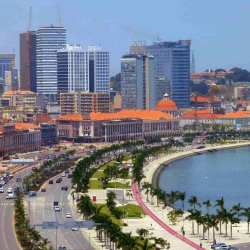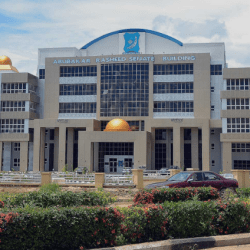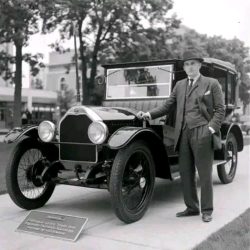There are varying degrees of stigmatization associated with the slave status in Igbo land.

Several forms of discrimination are connected with domestic slavery in communities such as Atani in Anambra and Nsukka, Nkanu, Nike, and Ezeagu in Enugu State.
Atani
Atani is one of the fifteen indigenous communities in Ogbaru Local Government Area of Anambra State and also the headquarters of the Local government Area.
The town which is located in the basin of the River Niger is popularly known as the food basket of Anambra State.
According to oral sources, Atani has a progenitor Afe whomigrated from Benin and settled with some persons at Ugwu Aza near Okija town in the present Ihiala LocalGovernment Area. Subsequently the people moved from Ugwu Aza to Ojii and later Abo and then to the presentsite situated along the banks of the river Niger.
Atani like other communities along the banks of the river Nigerand its tributaries, participated actively in trading activities along the coast of the river Niger during the colonialera.
As a result of the trading activities in Atani over time, a trading factory was opened in Atani in 1884 , this was after other trading factories had earlier been opened at Aboh in 1843, Onitsha in 1857, Asaba 1863 and Osomari in 1877.
Outside palm produce and other commodities, slaves were also part of the articles of trade during the colonial era. Slaves were bought by wealthy men in Atani community who needed their help in farming and the females who needed their services in their trade.
Atani and Ossomari successful female traders could with the consent of their husbands purchase male slaves to accompany them in their trading trips up and down the River Niger.
The slaves paddled the trade canoes and helped their mistress sell their goods.
The slaves were captives from the hinterland and were exported to different destinations through the banks of the river Niger.
In Igboland whereby some persons are of slave descent (ohu) and others are free – born (nwadiani).
is behind the identity crisis in Atani community.
The connection between domestic slavery and the identity crisis in Atani community is inherently located in the fact that the institution has affected the socio political and cultural context of life in Atani because of the different forms of discriminations perpetrated against the people of slave descent. The discriminations have resulted to the community being divided into two antagonistic groups.
One group consists of the people of slave descents and the other group consists of the free born. People from both divides live in the same territorial area yet they do not exist as one community. They perform the same cultural festivals differently. Socially and culturally the community is segmented into two antagonistic groups. It is only in the political context of their existence that they are forced to remain as one by the dictates of modern day organization of government and politics.
Even at that, the struggle for political power among the people is somehow affected by the same identity politics of free born and slave descendants. The institution of domestic slavery in Atani has also raised a certain type of citizenship question because the dichotomy between the free bornand the slave descents has produced what is described as the ‘real or main’ Atani indigene.
Traditionally, the‘real or main’ Atani indigene is defined as somebody who has no link with slavery in his lineage. He or she could be called ‘ezigbo onye Atani or Nwa eze aka na abuo’. On the other hand, any individual who is of slave descentis seen as unclean.
Different derogatory names have been used to refer to such persons. Such names are ‘Onye Taiwan’, ‘Onye aka ekpe’, Despite the intense emotional reactions generated by the subject matter of domestic slavery in the twenty first century many years after the British government abolished the Atlantic slave trade by the abolition act of 1807, the fact still remains that discriminations arising from domestic slavery still persist not only in Atani community but also in most communities in Igbo land. For instance, Nzimiro (1972) in his famous study of chieftaincy and politics in Oguta, Ossomari, Aboh and Onitsha recorded in great details the various forms of discriminations suffered by those regarded as slaves (ohu) in these Igbo communities.
Christianity, the abolition of slavery and modern civilization have significantly curbed the stigmatization.
In the Nigerian context, efforts have been made in the direction of eradicating the issue of slavery. The Government of the old eastern region under Dr Nnamdi Azikiwe enacted a law in 1956 titled the Abolition of the Osu system Law. This laudable act by the government then was aimed at removing all forms of disabilities and discriminations against slaves and their descendants. The 1999 Constitution of the Federal Republic of Nigeria also speaks of fundamental human rights which are meant to protect the rights of all Nigerians irrespective of their descent.
Based on this notion, in the past people of slave descent in Atani had taken steps to assert themselves by instituting legal actions against the free born. Yet the truth is that the different court judgements in the various cases have proved abortive in resolving the identity crisis arising from the institution of domestic slavery in Atani as the community is still deeply divided.
This has seriously affected peace in the community. Communal clashes between the two groups in the community have in the past led to the infliction of serious injury and destruction of property. In the absence of peace no meaningful development can take place. This is clearly manifest in the near absence of community development efforts in the Atani.
